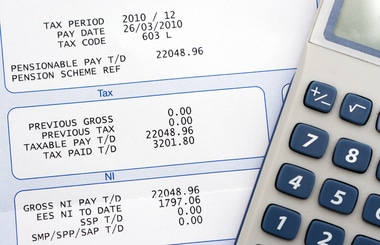
1. Federal wage and hour laws
The Fair Labor Standards Act (FLSA) sets federal wage and hour standards, which are administered by the U.S. Department of Labor. These standards cover:
- Federal minimum wage.
- Overtime pay and exemptions.
- Work hours, including meals and rest breaks.
- Child labor, including permissible occupations and work hours.
- Recordkeeping for nonexempt and exempt employees, including timekeeping and payroll records.
The FLSA also limits the deductions that can be made from nonexempt and exempt employees’ pay.
2. State wage and hour laws
These regulations are established individually by states.
Some states have only a few wage and hour laws, choosing largely to follow the FLSA. Other states, such as California and New York, have extensive wage and hour laws — many of which are more generous to employees than those of the FLSA are.
Also, many states have wage and hour laws that are not addressed under the FLSA (e.g., final paychecks, pay stubs, frequency of pay and direct deposit).
Some cities and counties have local wage and hour ordinances, such as local minimum wage.
3. Wage garnishments
Title III of the Consumer Credit Protection Act (CCPA) regulates federal wage garnishment limits for consumer debts, child support and alimony. Some states have lower garnishment thresholds than the CCPA does.
Separate laws apply to garnishments for federal student loans and Internal Revenue Service (IRS) wage levies.
4. Employee benefits
Payroll is responsible for deducting benefits contributions from employees’ wages and administering benefits payments. Therefore, employers must know which payroll laws apply to the benefits they provide. For example, pretax benefits, post-tax benefits and mandatory paid time off all have different rules.
5. Federal employment taxes
The IRS oversees federal employment tax laws, which require employers to withhold federal income tax, Social Security tax and Medicare tax from employees’ wages. Employers must also pay their own share of Social Security and Medicare taxes plus federal unemployment tax.
6. State and local employment taxes
Most employers must withhold state income tax from employees’ wages. (Nine states do not require state income tax withholding.)
Depending on your location, you may need to withhold other state taxes from your employees’ wages. For example, employers in California must withhold state disability insurance tax, and employers in New Jersey must withhold state unemployment tax. Moreover, some cities and counties require local income tax withholding.
On the employer side, most employers must pay state unemployment tax plus any other taxes levied by the state. Further, a few local governments impose local taxes on employers.
Note that some states have reciprocal tax agreements for employees who live in one state but work in another.
7. Payroll reporting
Employers must file periodic reports with the appropriate federal, state and local agencies. This includes:
- Form W-2 reporting.
- Federal employment tax reporting.
- State wage and tax reporting.
- Local wage and tax reporting, if applicable.
As you work toward payroll compliance, consider other relevant aspects not covered in this article, such as state laws for unclaimed paychecks and the use of payroll cards.
©2021




